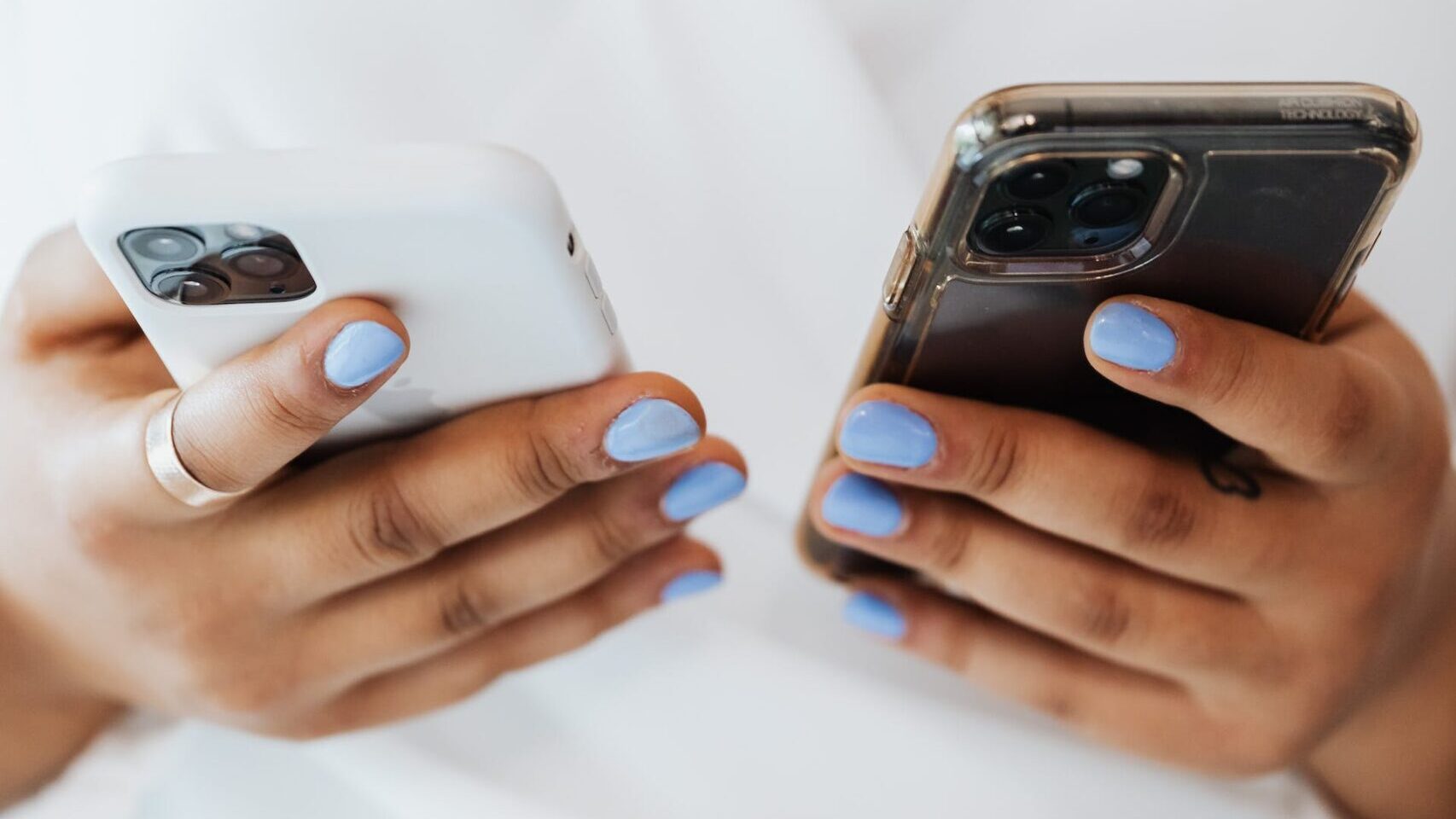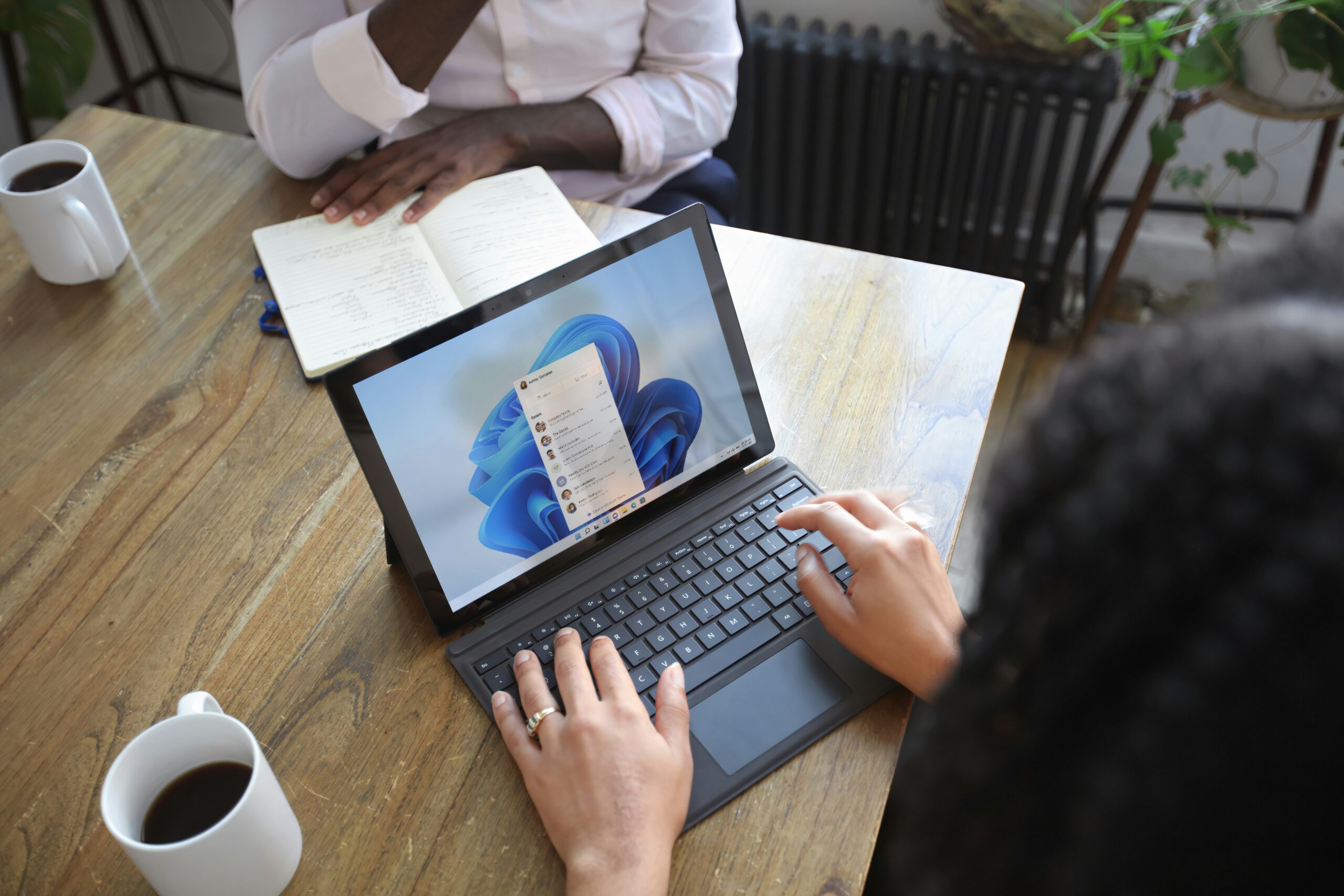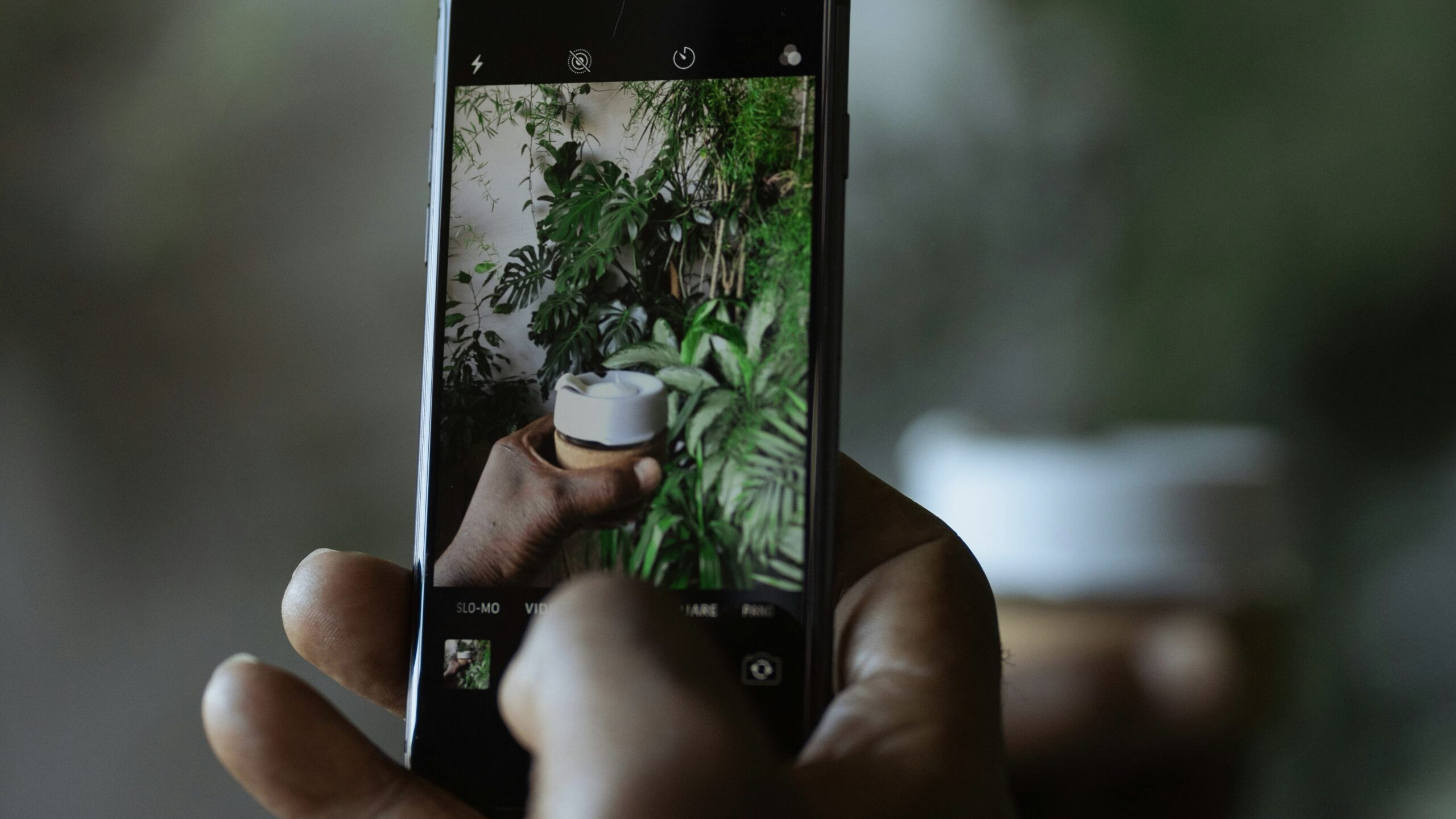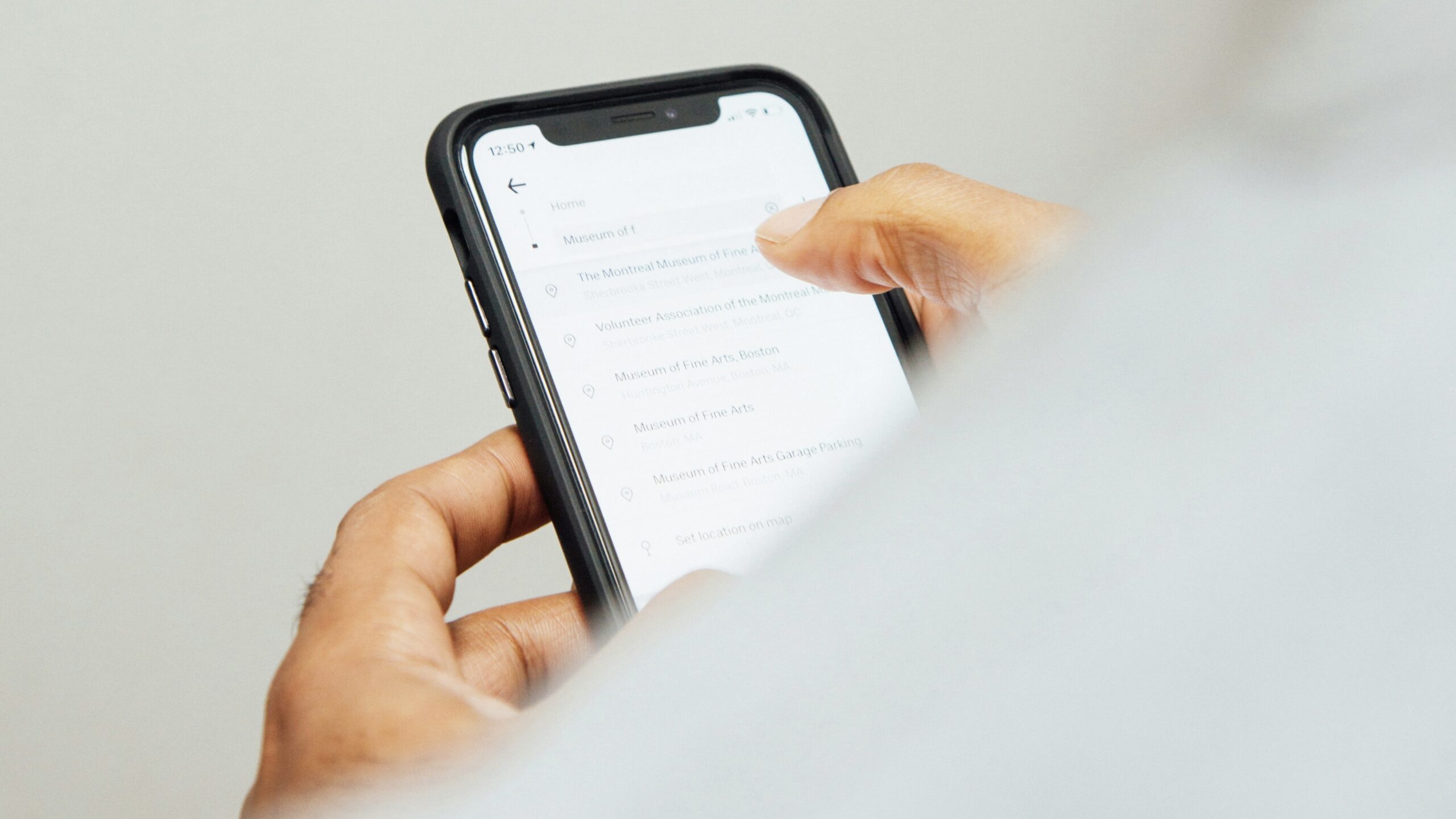Apple’s “NameDrop” Feature Probably Isn’t a Security Risk for Your Business
It’s not necessarily “easy” to fend off bad actors these days. There are plenty of vulnerabilities and weak points in all our digital devices, that it takes thought to protect both business and personal data from ending up in the wrong hands. That’s only made worse when it seems like a major company, like Apple, introduces a new feature that

It’s not necessarily “easy” to fend off bad actors these days. There are plenty of vulnerabilities and weak points in all our digital devices, that it takes thought to protect both business and personal data from ending up in the wrong hands. That’s only made worse when it seems like a major company, like Apple, introduces a new feature that poses a fresh security risk.
There are news reports circulating online about “NameDrop,” a new iPhone feature added as part of iOS 17. These reports highlight concerns from law enforcement agencies around the country that NameDrop can potentially leak your contact information to strangers just by getting close to your iPhone.
If true, that would, of course, pose a huge security vulnerability. Bad actors could simply walk up to you, bring their iPhone close to yours as subtly as possible, and steal your email address and phone number without warning. That would aid in spam and phishing schemes that could potentially put your business at risk.
Luckily, the law enforcement agencies have this one mostly wrong. While their concern is well placed, NameDrop is quite safe to use. It’s true that NameDrop works by placing two iPhones close together, but it’s more complicated than the reports make it out to be. First, both iPhones need to be unlocked. Next, they need to be placed together so the tops of both iPhones are essentially touching. They need to be held in this position for more than a few seconds to initiate NameDrop, so it isn’t likely that someone would be able to do this without your knowledge.
But most importantly, you control when you send and receive contact information during NameDrop. When the feature pops up on your iPhone, you’ll see these options, as will the other user. Even if the other users chooses to receive your contact info, you’d need to agree to share it first, thwarting the plans of any bad actor looking to swipe your details.
As long as you aren’t leaving your unlocked iPhone around for strangers to access, NameDrop shouldn’t pose a risk to your business and its data.
Share This
More Articles

Jul. 23, 2024
Watch Out for Wire Transfer Fraud

Jul. 23, 2024
What Are Business Email Compromises?

Jul. 16, 2024
Google Might Spend $23 Billion to Acquire a Cybersecurity Startup

Jul. 16, 2024
Did You Know Your iPhone Can Identify Plants and Animals?

Jul. 08, 2024
Did You Know Your iPhone Can Read Things to You?
View All
